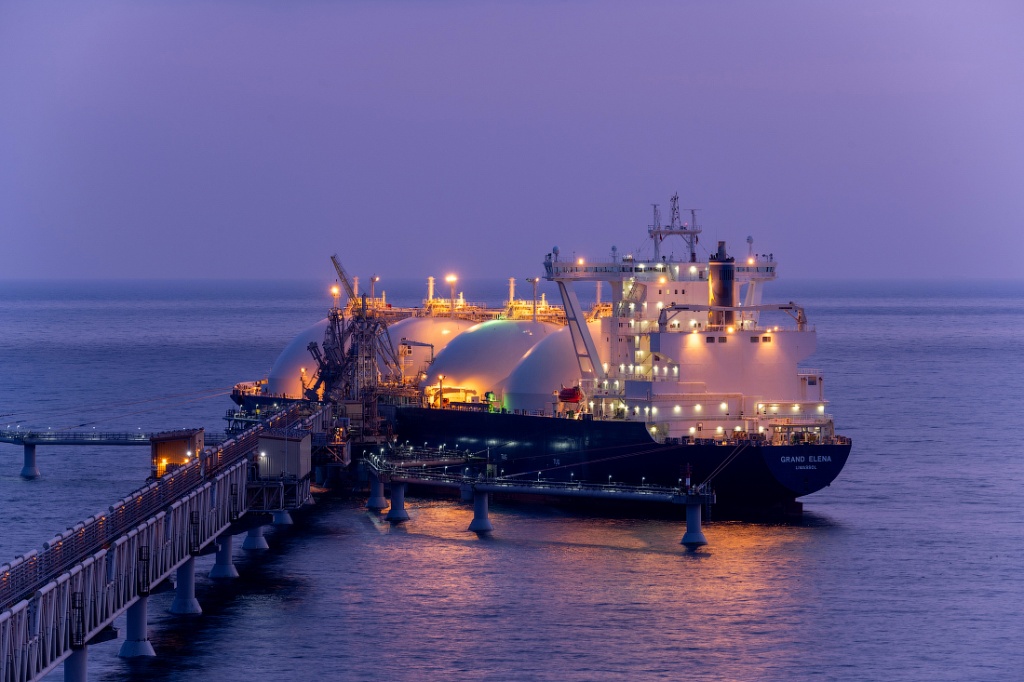Japan’s Mitsui and Mitsubishi have won approvals from the Russian government to take stakes in the new operator of the Sakhalin-2 LNG export terminal.
President Vladimir Putin signed a decree in June allowing Russia to take charge of the Sakhalin-2 project due to Western sanctions imposed on Russia.
Sakhalin Energy LLC, the new operator of the Sakhalin-2 project, launched its operations on August 19 and recently said it was seeking new LNG buyers.
Shell had a 27.5 percent interest in in the original entity, while Russia’s Gazprom had a 50 percent operating stake. Japan’s Mitsui owned 12.5 percent stake and compatriot Mitsubishi had 10 percent in the plant.
Gazprom remains the operator of the new entity, while Mitsui and Mitsubishi have decided to retain their stakes in the new entity and submitted applications to the Russian government.
The Russian government revealed the approvals in two separate orders published on its official website.
Mitsui confirmed the approval in a statement released on Wednesday saying it would “proceed with discussions in connection with acquiring ownership in the LLC.”
“We remain in discussion with stakeholders, including the Japanese government and business partners, regarding possible future action considering energy supply needs, while complying with related international sanctions,” the firm said.
In a separate statement released on Thursday, Mitsubishi also confirmed that its application had been approved by the Russian government.
“We will discuss the terms and conditions of a shareholders agreement with concerned parties and continue assessing the project related risks, assuming various scenarios,” Mitsubishi said.
Shell unlikely to take stake in new entity
Shell said earlier this year it would exit its joint ventures with Russia’s Gazprom and related entities, including its stake in the Sakhalin-2 LNG export terminal. The firm has been in talks since to sell the stake.
Besides the stake, Shell also had a contract to buy about 1 mtpa from Sakhalin LNG.
Shell’s CEO Ben van Beurden recently said that “it’s highly unlikely” that the firm would buy into the new Russian entity.
“That’s not in line with our intentions to leave our asset position in Russia. It, of course, throws little bit more uncertainty how exactly we will exit, but we are pretty clear on our intent,” van Beurden said.
LNG Prime contacted Shell for a comment on the development, but we did not receive a reply by the time this article was published.
LNG supply deals
The Sakhalin-2 LNG facility started producing LNG back in 2009 with a design capacity of 9.6 mtpa, but due to technical improvements and upgrades, together with weather and temperature conditions, production rose by 20 percent.
Most of the volumes produced at the Sakhalin LNG plant land in Japan, followed by South Korea, Taiwan, and China.
Japanese companies Hiroshima Gas, Jera, Kyushu Electric, Osaka Gas, Saibu Gas, Toho Gas, and Tohoku Electric receive LNG supplies from the Sakhalin plant, according to GIIGNL.
Other buyers include South Korea’s Kogas and Taiwan’s CPC.
Nikkei previously reported that Jera and Tokyo Gas have already renewed their contracts for Sakhalin LNG volumes with the new entity.

